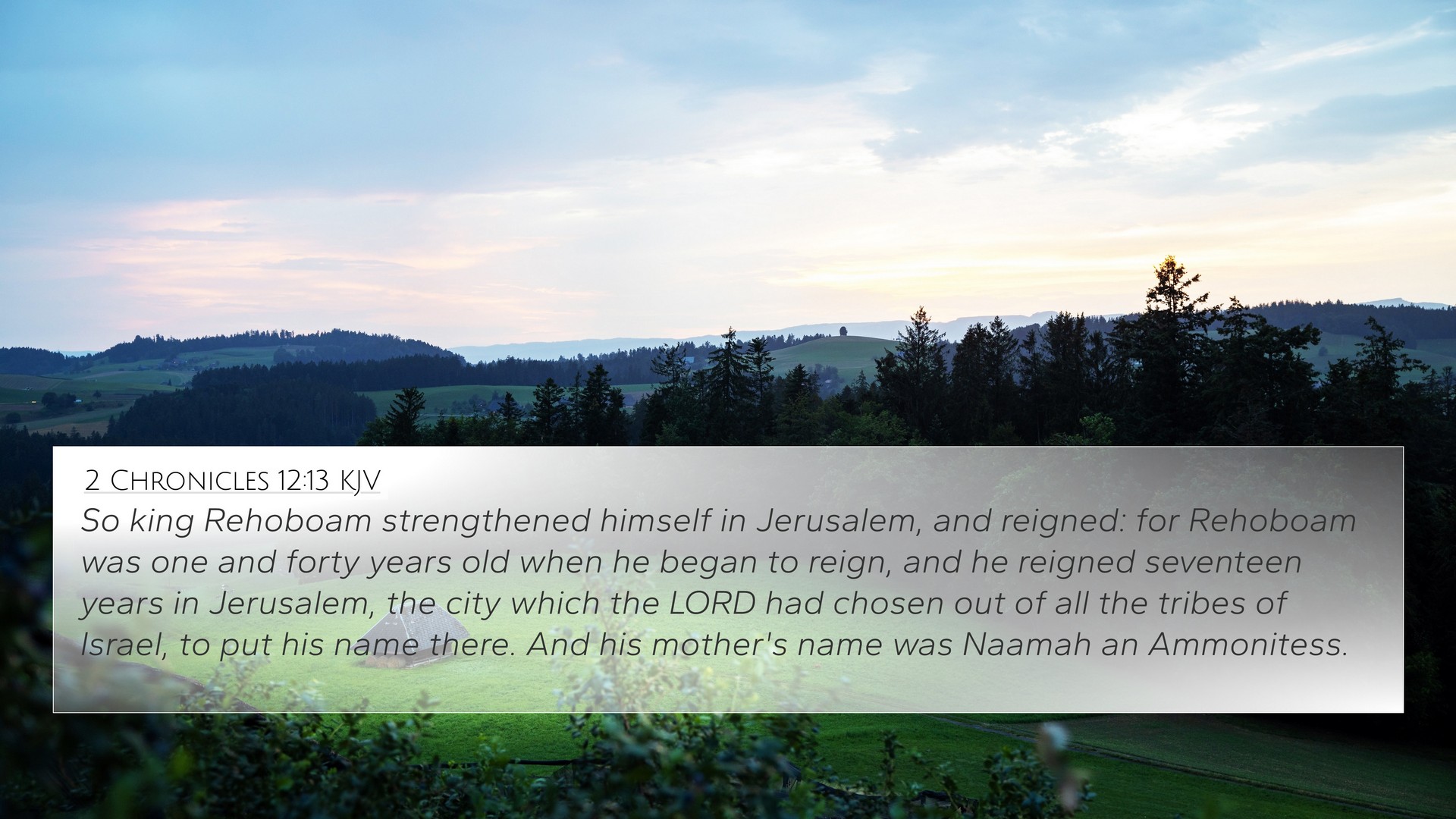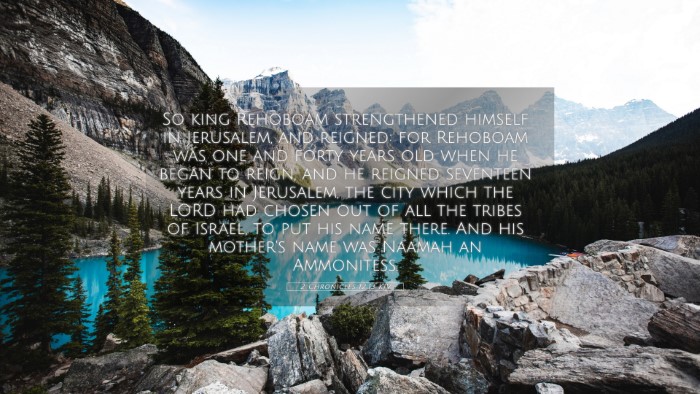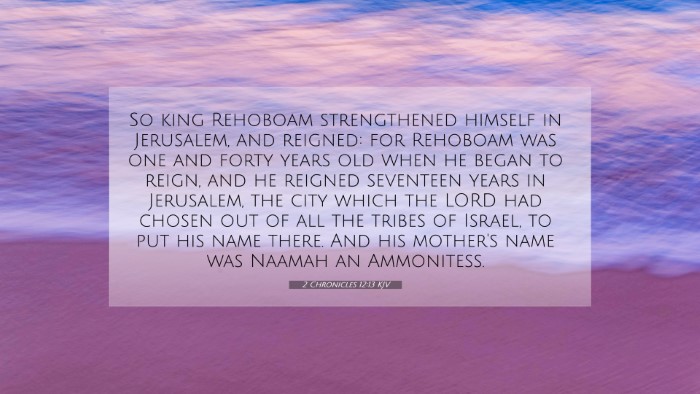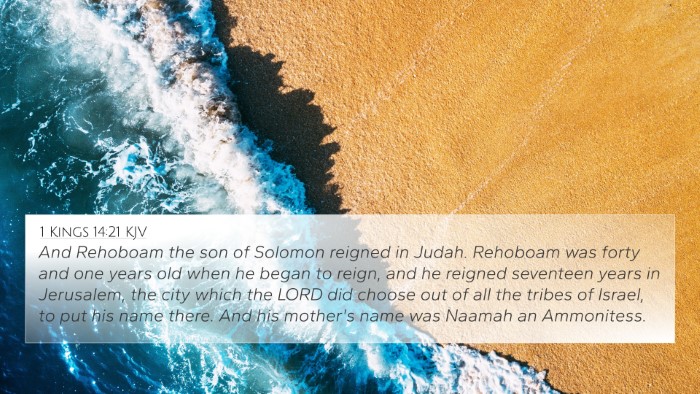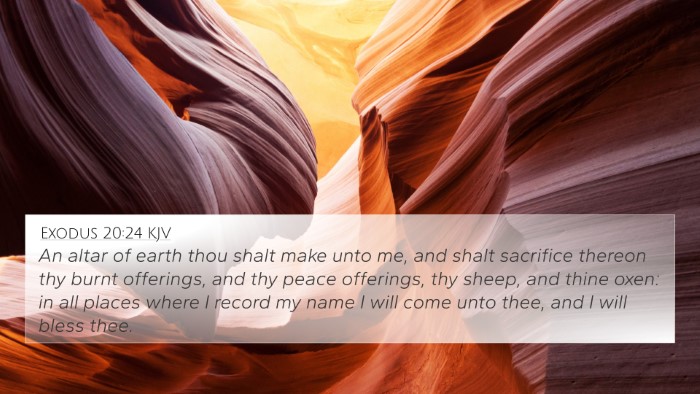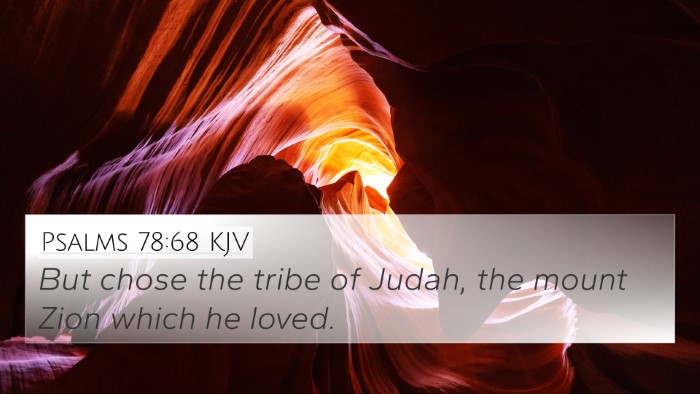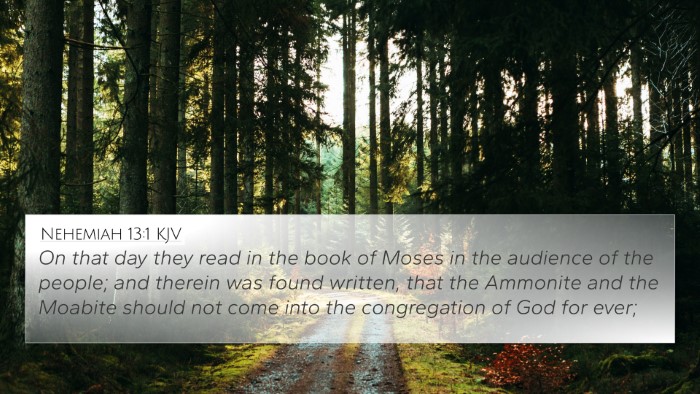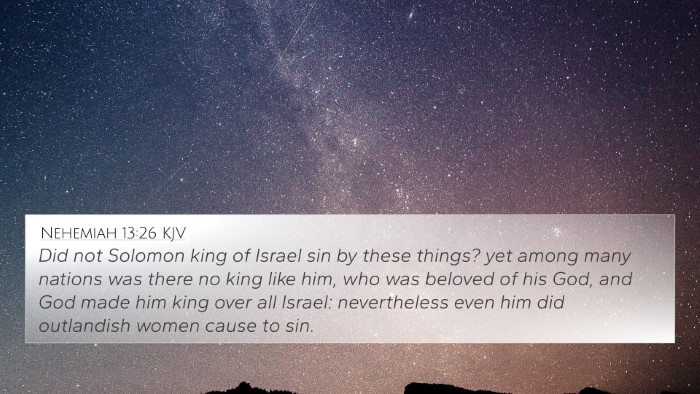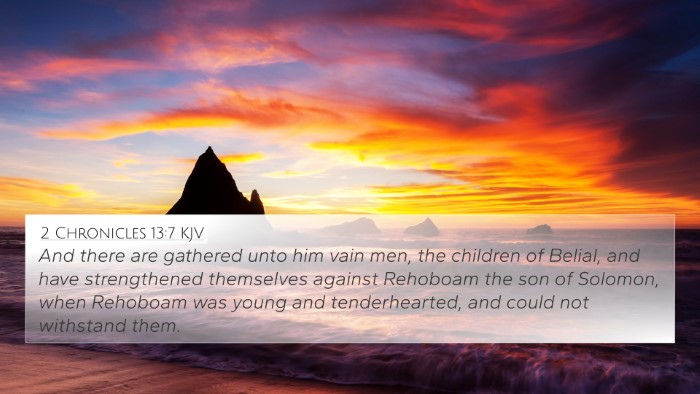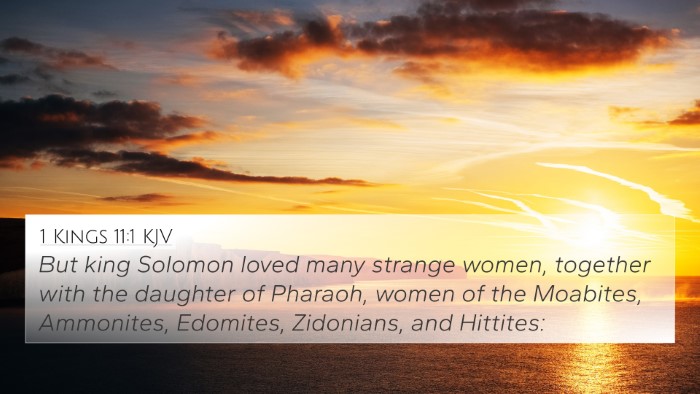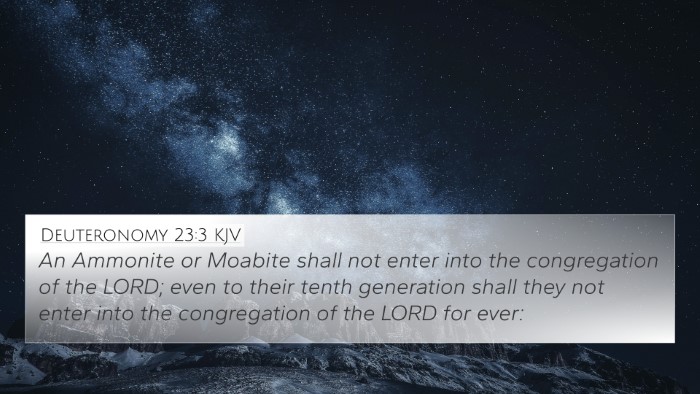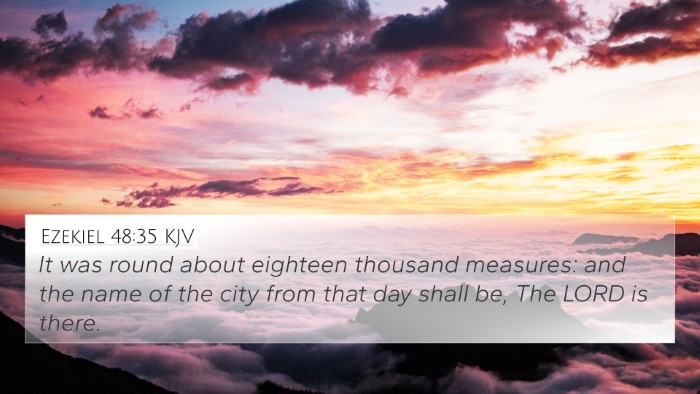Understanding 2 Chronicles 12:13
Verse: 2 Chronicles 12:13 - "So King Rehoboam strengthened himself in Jerusalem and reigned. Now Rehoboam was forty-one years old when he began to reign, and he reigned seventeen years in Jerusalem, the city which the LORD had chosen out of all the tribes of Israel, to put His name there. His mother's name was Naamah, an Ammonitess."
Summary of Meaning
This verse highlights the initial strength and establishment of King Rehoboam's reign over Judah in Jerusalem. It provides details about his age when he began to rule, the duration of his reign, and emphasizes Jerusalem's significance as the chosen city of God.
Commentary Insights
Matthew Henry's Commentary
Matthew Henry explains that Rehoboam’s reign represents a time of consolidation of power after the division of the kingdom. He notes the importance of his location in Jerusalem, illustrating God’s choice of this city to dwell among His people. This choice emphasizes the divine approval of Rehoboam's rule in Judah despite the challenges he faced.
Albert Barnes' Commentary
Albert Barnes provides insight into Rehoboam's lineage, specifically mentioning his mother’s background as an Ammonitess, suggesting that his reign may have been influenced by external cultural factors. Barnes emphasizes that Rehoboam's actions would later lead to significant consequences for the kingdom, including strife and division.
Adam Clarke's Commentary
Adam Clarke elaborates on Rehoboam's age and the relevance of his reign, indicating that his youth could have been a factor in some of the decisions he made. He underscores the importance of leadership grounded in wisdom and reverence for God, which is crucial in maintaining the integrity of the kingdom over which Rehoboam was set to reign.
Implications for Bible Study
2 Chronicles 12:13 serves not only as a historical record but also as a lesson in leadership, decision-making, and the consequences of choices made by leaders. Cross-referencing this verse with others can provide a deeper understanding of Rehoboam's character and the dynamics of his reign.
Cross-References
- 1 Kings 14:21 - Discusses Rehoboam's reign over Judah and contextualizes his leadership.
- 2 Chronicles 10:1 - Describes the events leading up to Rehoboam's coronation and the challenge from the northern tribes.
- 2 Chronicles 13:1-3 - Illustrates a specific event during Rehoboam's reign that leads to conflict.
- 1 Kings 12:6-11 - Chronicles Rehoboam's poor decision-making regarding the people's grievances.
- 2 Chronicles 11:5-12 - Details Rehoboam's fortification of cities in Judah.
- Jeremiah 3:10 - Reflects on the faithfulness of God amidst the unfaithfulness of leaders like Rehoboam.
- Matthew 1:12 - Connects Rehoboam's lineage to the genealogy of Jesus, emphasizing the continuity of God's plan.
- Proverbs 1:7 - A general principle on the importance of wisdom, which Rehoboam failed to heed.
- 2 Chronicles 36:12 - Compares the kingship of Rehoboam with other leaders in Judah.
- Hebrews 12:1 - Advises on the importance of looking to role models in faith, contrasting with Rehoboam's poor example.
Thematic Connections
This verse touches upon themes of leadership, the consequences of foolish decisions, and the significance of location in biblical history. Understanding these components can enhance the study of similar themes in other verses throughout the Bible.
Tools for Bible Cross-Referencing
In enhancing your understanding of 2 Chronicles 12:13, consider utilizing tools such as:
- Bible Concordances - Helpful for finding specific themes or words across the scriptures.
- Bible Cross-Reference Guides - Designed to link verses that share similar themes or narratives.
- Cross-Reference Bible Study Methods - Techniques to delve deeper into the connections between biblical texts.
- Bible Reference Resources - Useful for contextual understanding and thematic linkage.
- Bible Chain References - A structured method to explore related verses in sequences.
Conclusion
Understanding 2 Chronicles 12:13 involves recognizing the significance of Rehoboam's reign and the impact of his decisions on the history of Israel. By employing cross-referencing tools and examining related verses, readers can grasp the broader narrative and themes within the Bible. This verse serves as a reminder of the complex interplay between divine choice and human agency in the unfolding story of God's people.
Further Study
To deepen your understanding, explore additional connections between this verse and others, examining the broader implications of leadership throughout the scriptures. Identify how Rehoboam's actions reflect many of the challenges faced by leaders in both the Old and New Testaments.
